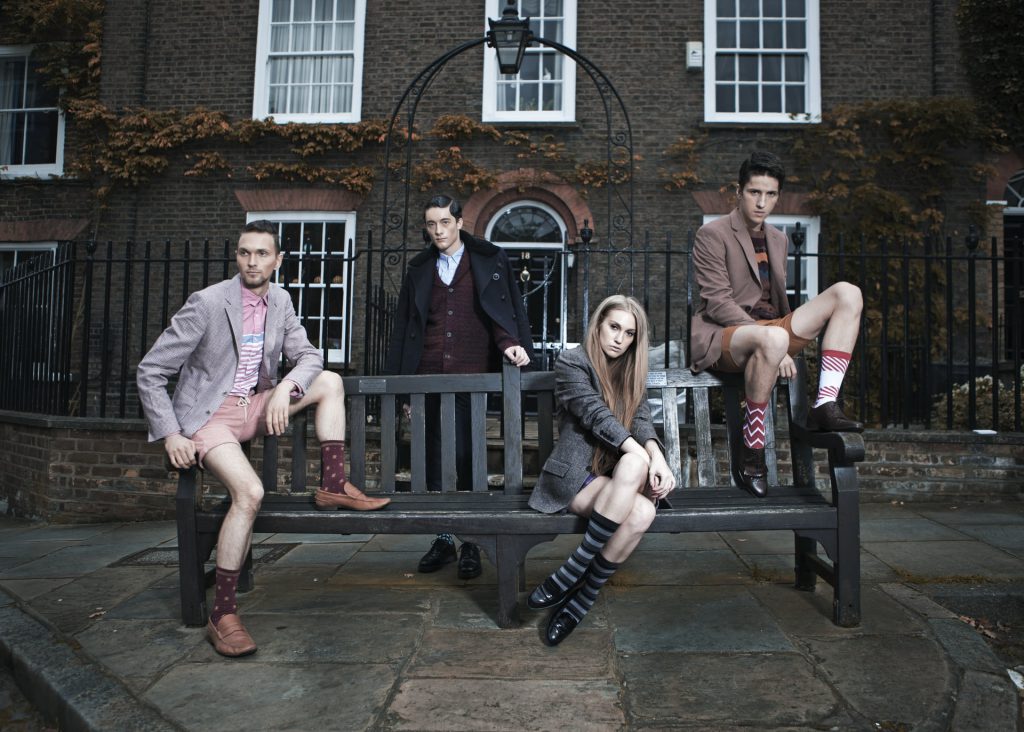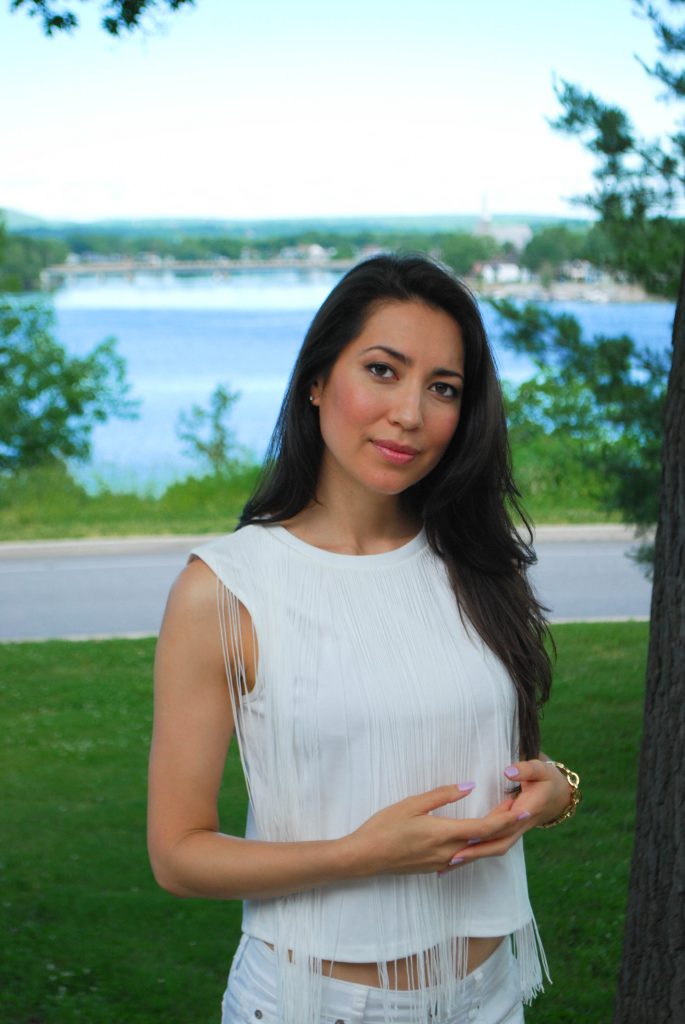
There are a few reasons why introverts might feel alone, even in a crowded room.
We value connection over superficial interactions with strangers. But what about those times when we feel lonely with friends and family?
What is getting in the way of a real sense of connection and fulfillment in these interactions?
This is what blocks introvert connection
It all comes down to self-protection. What is your introvert armour of choice?
In yesterday’s email we touched on how introverts might hide behind a mask to protect ourselves from rejection. But what exactly is that mask made up of?
Here are some common forms of self-protection that block connection:
- Perfectionism
- Focusing on your outward appearance (“If I look good, no one will notice how uncomfortable I feel”)
- Constant busyness
- Playing it cool—too cool!
All of the above are attempts to control yourself and your environment so much that there’s no room for intimacy.
I’m reminded of the book Eleanor Oliphant is Completely Fine, by Gail Honeyman.
Eleanor is a woman who had a highly traumatic childhood and now lives a life of timetabled seclusion.
As the story unfolds, we see that Eleanor has kept her life very small, so that she can feel a sense of control.
This means no relationships, no new experiences, no greater ambitions.
Eleanor is an extreme example of self-protection, but one that many introverts will relate to nonetheless.
Are you keeping your life small on purpose?
Perhaps, you, too, have kept your life small so as to prevent rejection and embarrassment.
Or maybe your perfectionism gives you an excuse to push people away.
You think you can’t let people into your messy home and heart. I explain in my book The Year of The Introvert:
As adults, we treat love, in all its forms, like an uninvited guest.
We fear that love will sneak up on us at the wrong time. It will find us naked and exposed, looking like yesterday’s leftovers, and feeling totally unprepared for company.
“Wait just a minute,” we say. “Let me get dressed and put my makeup on, and while I’m at it, I should really get another certificate, become a better conversationalist, and learn to control my emotions.”Love gets impatient. It says, “If you can’t let me in now, just as you are, I will find someone who will.”
How to let people in, even if it scares you
As someone who is by nature very self-protective, I know how hard it can be to open up.
Reaching out to someone, extending an invitation, sharing how I really feel, fumbling and failing–these things still scare me.
And yet, I’ve been able to make and deepen new meaningful friendships, even during a worldwide pandemic.
The first step is to be willing to mess up. Are you willing to be imperfect and still allow in love?
Remember, it only takes a few small shifts to transform your life.
Taking one small step today can mean the difference between feeling alone and stuck forever, and enjoying the warmth and fulfillment of true friendship. You can start by grabbing my free Introvert Connection Guide for 7 steps to make meaningful friendships as an introvert.
Love,
Michaela

P.S. If you’re new to the blog, allow me to introduce myself. I’m Michaela Chung, author of The Irresistible Introvert and creator of this amazing innie community we have here. For several years, I’ve been building up a labyrinth of introvert resources that will take you on a magical journey toward more confidence, connection, and self-love. Start with this free Introvert Conversation Cheat Sheet.











Thank you for this blog and this blog entry.
Over two years ago, an acquaintance asked me in a roundabout way to spend more time with them. As an extrovert, this overture made me very uncomfortable as their personality was VERY different than mine.
I have changed the way I think about them and introverts in general. Reading this blog encouraged this process. Reading Quiet: The Power of Introverts was also significant.
This summer, after a particularly special hour together, I told them “I love you.” I said it because hey I’m an extrovert and I honestly couldn’t help it. But now I am in a place where I have zero expectations about their expressions of feelings verbally to me. And I was not disappointed by their response.
I have learned so much about introverts in the past two years and look forward to learning more and using that information for the rest of my life. Being over 50 certainly helps as well as I finally have my own adoptee perspective reconciled. Again, profound gratitude.